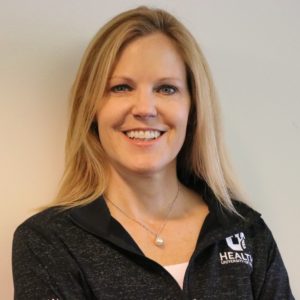USF study: Brain exercise lets seniors drive on
Exercises that sharpen the brain’s ability to concentrate and make decisions quickly can help seniors stay in the driver’s seat longer and delay other types of cognitive decline, according to researchers at the University of South Florida (USF).
The five-year study, recently published in the Gerontological Society of America’s Journals of Gerontology B, used computerized exercises that required visual matching, auditory target identification and other tasks involved in speed of processing training (SPT) and tracked driving risks and overall cognitive health. Participants received up to 18 training sessions over three years.
Two other groups received brain training designed for memory or no training at all. Those who received the SPT had higher frequencies of driving and were able to drive further distances comfortably and safely compared to the other two groups.
“One of the most important predictors of driving mobility is cognitive speed of processing—how quickly people can process information and act on it,” said study co-author Jerri Edwards, associate professor in USF’s School of Aging Studies in the College of Behavioral and Community Sciences, in a university press release. “For those older adults who had experienced some slowing in their ability to process information, more training sessions increased their driving frequency among other behaviors related to maintained driving mobility.”
The training has the potential to prevent decline in a range of motor skills and cognitive processing in addition to driving skills. SPT targets brain processes responsible for attention and decision-making, flexing the brain’s ability to process information quickly and accurately.
The study “also highlighted the importance of ‘dosage,’ the number of training sessions received,” Edwards added. “Further research should look at the exact amount of training needed to maintain driving mobility among older adults who are at-risk for driving cessation or reduced driving mobility.”

Pamela Tabar was editor-in-chief of I Advance Senior Care from 2013-2018. She has worked as a writer and editor for healthcare business media since 1998, including as News Editor of Healthcare Informatics. She has a master’s degree in journalism from Kent State University and a master’s degree in English from the University of York, England.
Related Articles
Topics: Alzheimer's/Dementia , Technology & IT











